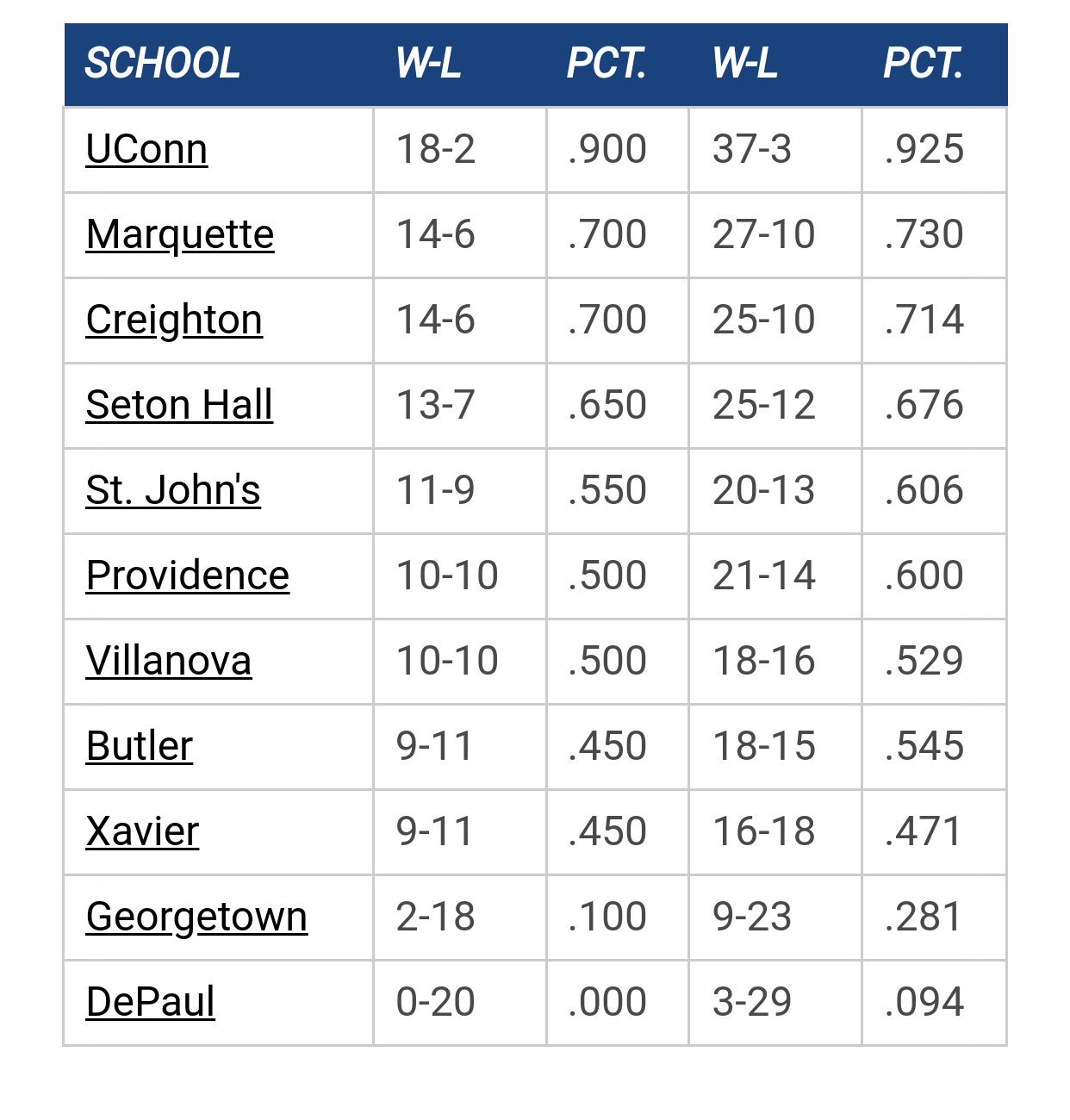- Welcome to MUScoop.
2025-26 Big East Thread by muwarrior69
[Today at 02:59:26 PM]
Robert Duvall: Smells Like Victory by Hards Alumni
[Today at 02:58:36 PM]
Coaching Hot Seat (spoiler alert - Shaka isn’t on the list) by Mu8891
[Today at 02:57:59 PM]
Johnnies -8.5 by MU82
[Today at 02:55:21 PM]
Recruiting as of 1/15/26 by MU82
[Today at 02:52:01 PM]
Can this team win 4 in a row at the Garden? by MU82
[Today at 02:47:06 PM]
2026 Transfer Portal Wishlist by Its DJOver
[Today at 02:31:31 PM]
[Today at 02:59:26 PM]
Robert Duvall: Smells Like Victory by Hards Alumni
[Today at 02:58:36 PM]
Coaching Hot Seat (spoiler alert - Shaka isn’t on the list) by Mu8891
[Today at 02:57:59 PM]
Johnnies -8.5 by MU82
[Today at 02:55:21 PM]
Recruiting as of 1/15/26 by MU82
[Today at 02:52:01 PM]
Can this team win 4 in a row at the Garden? by MU82
[Today at 02:47:06 PM]
2026 Transfer Portal Wishlist by Its DJOver
[Today at 02:31:31 PM]
The absolute only thing required for this FREE registration is a valid e-mail address. We keep all your information confidential and will NEVER give or sell it to anyone else.
Login to get rid of this box (and ads) , or signup NOW!
St. John's Date/Time: Feb 18, 2026, 8:00pm TV: TNT Schedule for 2025-26 |
||||||
User actions


